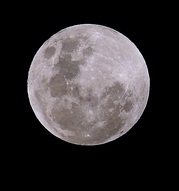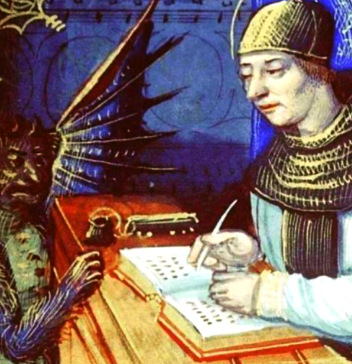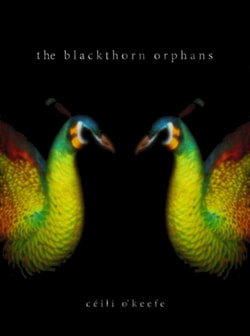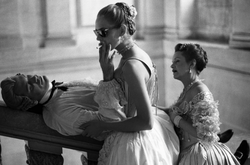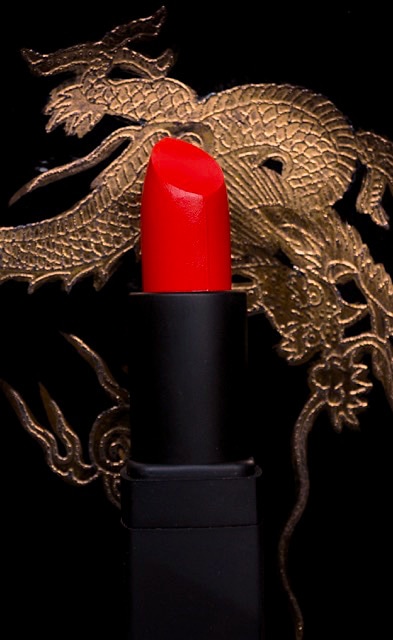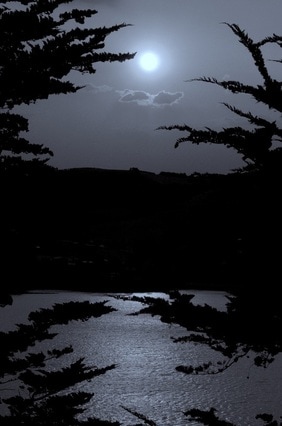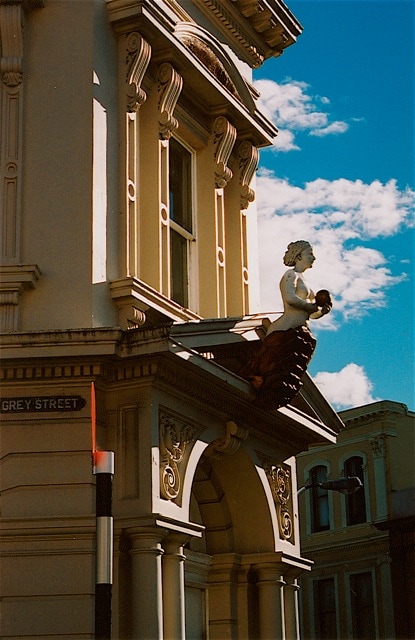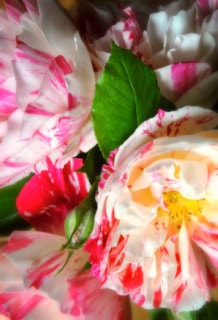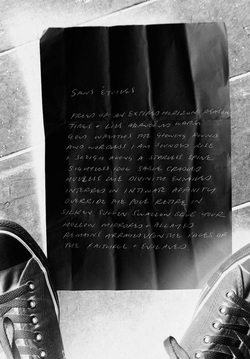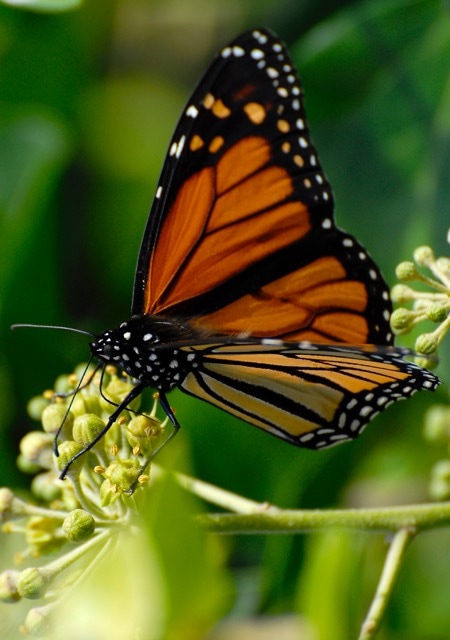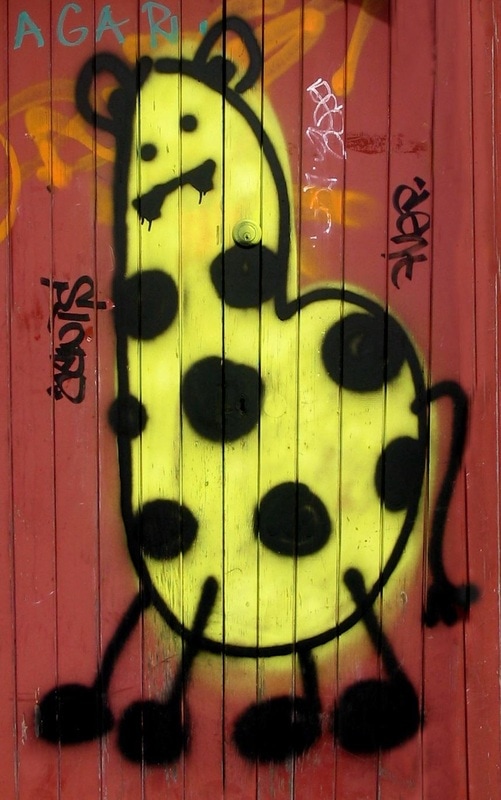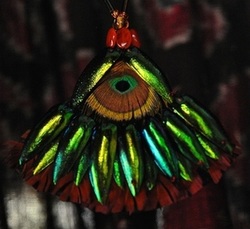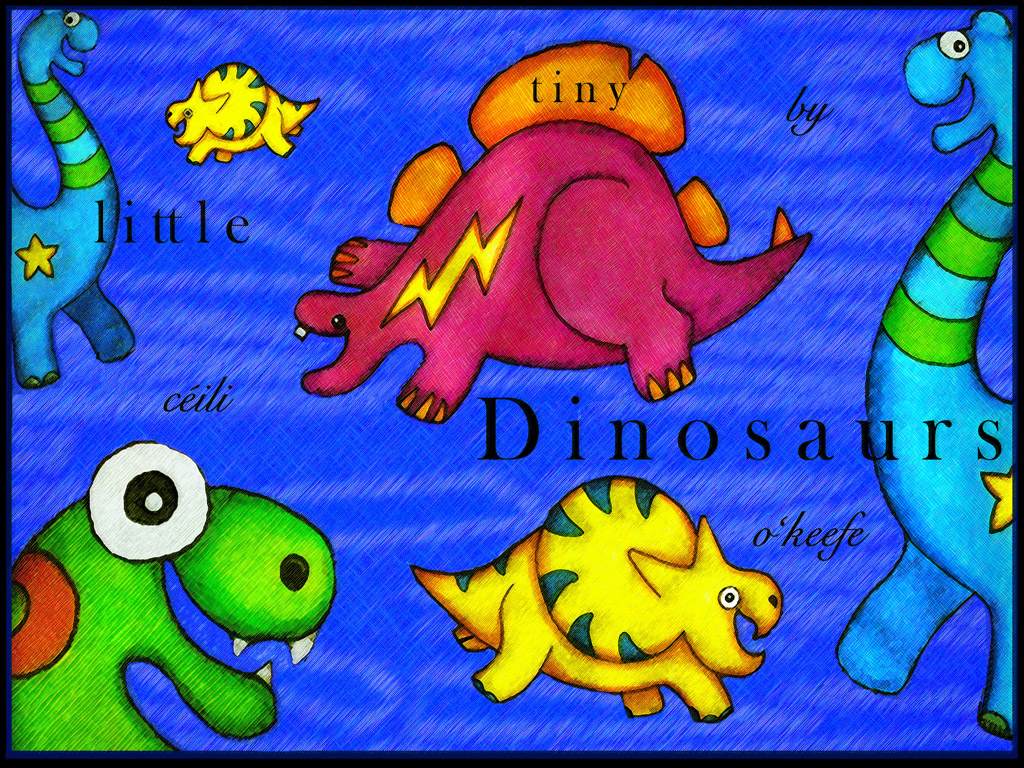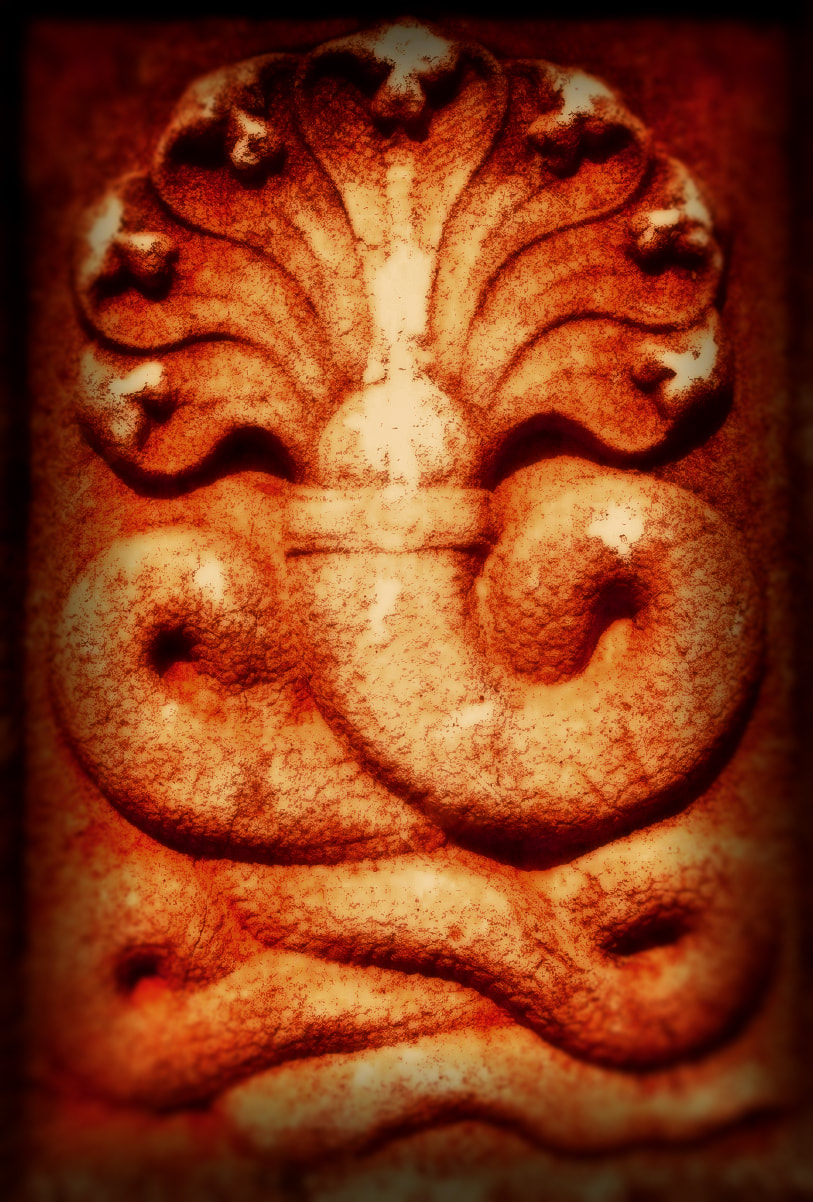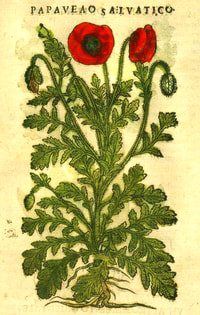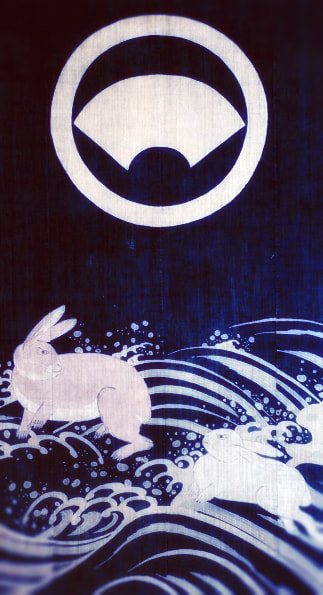While less seethingly complex than Antichrist, Melancholia shares its language and conclusions. They hold hands in the freakshow exhibit into which they were both thrust by overzealous haters. Lars scored a (now legendary) own-goal while promoting it at Cannes with his Nazi bomb, but in doing so he was not nearly as much of a cunt as those who stood by while he was kicked out of the festival for making a bloody joke in bad taste. Those same shameless, tutting sycophants lauded Polanski, the smirking rapist, with their next breath. That day will live in infamy as far as I'm concerned, but onwards and upwards.
Justine (Kirsten Dunst) and Michael (Alexander Skarsgård) are hours late to their own wedding at which warring parents, horrible coworkers and the couple themselves are destined to tear semi-civil pieces from each other, the affair set in the lavish estate run by Claire (Charlotte Gainsbourg), Justine's sister, and John (Kiefer Sutherland), her husband, as a resort. Dysfunction suffuses the reception as Justine's depression begins to lift its head, antagonizing her sister, alienating her new spouse and ushering us through the many small horrors that attend every social event when you're not particularly social yourself. The promise of the occasion begins to unravel along with the structure of her dress; Justine's trajectory leads her to escape the festivities, fornicate with a random colleague on the golf course and reject her new husband. During the ride insisted upon by Clair the next morning, she remarks that the strange star she had spotted the night before has disappeared, and we later learn that it has been effaced by the approach of Melancholia, a planet apparently destined to pass close to Earth in the course of its ominous orbit. Convinced otherwise, Justine descends into lonely debilitation while Clair begins to suspect that her sister's despair has a terrible foundation.
Sounds like the bad first draft of something worse, I know, but all the best stories transcend. Melancholia is, most of all, romantic (in the oldest, capital R sense), a dangerous thing to be for something aspiring to our cynical esteem. Romance is an unstable chimera, part child, part adult, beaming with guileless astonishment and heavy with organic need, requiring a careful hand to balance its components. Hollywood is hunched on the juvenile end of that seesaw, humping nonbloody adolescents and eulogizing declawed senior citizens. Lars sits at the other end, legs dangling, staging his operas with faulty adults and real knives, taking grown-up stuff and feeding it into his sturm und drang pyre and serving romance so well that it completes its life cycle, existing as much in the crusted eye of the depressive and the tinny grey smell of denial as the luminous planet destined to smash into ours. Who else would have the guts to tuck the chalk of office politics into bed with the cheese of galactic catastrophe? Damn. That's a brass neck for you.
We should pay attention to the performances in Melancholia because they were apparently almost entirely ad-libbed, and in this case I almost believe it. Sutherland (my former teenage husband) is pretty good, hinting at the extent of his largely squandered talent with the uneasy pitch of his vacillation, his character wobbling on an axis between panic and assurance and eventually pitching into the mealy substance of failure. John Hurt and Charlotte Rampling are primo as the sisters' estranged parents, rattling their chains and sliding in and out of focus. Alexander Skarsgård is shown up as an imposter here, a big blonde bum note; luckily, (or intentionally) his shortcomings are a good fit for his character's. His dad Stellan is much better as Justine's fork-tongued boss. Gainsbourg is everything she should be, tender, contained, exasperated, lost in the bewildering scale of her own fate, keeping one grim hand on the rails and necessarily taking a back seat to Kirsten Dunst's dolorous prophet. Rumour has it that this role wasn't too far to walk for her; I can believe that after nodding in unconscious agreement with the text of her malaise, her childish spite and sucking, boneless pathos. There is always, to my eye, something horrific about Dunst's doll face, the quality of recession behind the dimples and the good skin, her skull somehow like a death's head; all darkly apposite. Justine is charmless and unwashed, a thankless, wounded bitch; through her we are invited to examine her entanglement of reality and ailment.
The planet Melancholia is depression's hulking pole star, blotting out our rightful constellations. Just as we know from the start that it will vaporize the silent trees and blameless horses, Justine sees it first because, like most depressives, she has always expected it. Lars is asking if there's anything to learn from this recognition and acceptance of the inevitable.
Visually, Melancholia is drenched in unapologetic beauty. Everything, from the sight of the opaline planet to that of Justine's unclothed form arrayed against a wooded nocturne demonstrates Von Trier's imperious command of the medium, the lavish symbolism and staging of every tableau balanced by the haunting colours of its aquatic palette. Its daring makes it difficult to criticize. Is it too long? Perhaps. Does the wedding scene double back too many times upon itself, or do Justine's wanderings require the subtle tracery of reiteration in order to illustrate the pitch of her descent? I'm not sure. The film is all about the images anyway, their eloquence achieved on a fairly modest budget; the end of the world sweeps across the golf course towards us in a blast of impressionistic finality which makes me think what a relief it must have been to get that scene in the can and move on.
It's a huge relief to make it all the way through Melancholia, to be sure. Though (and because) it spoke to me so fundamentally, I could never sit through it again. It lodges shard-like in the succeptible and remains with you beyond your attempts to purge or rationalize, and like the knowledge of your own demise, that is both good and bad.

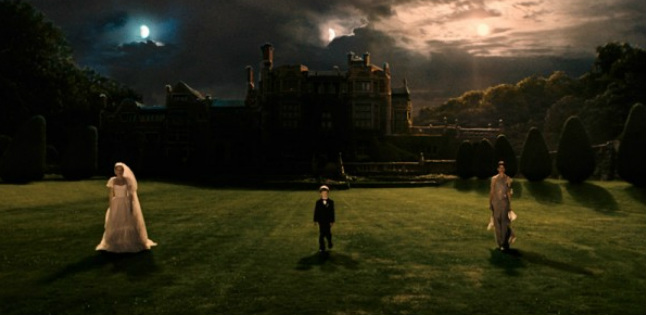
 RSS Feed
RSS Feed
